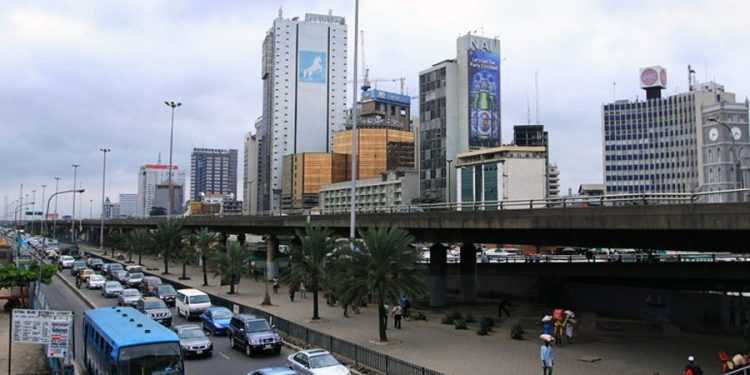According to Stanbic IBTC’s Purchasing Managers Index (PMI) report, the removal of the fuel subsidy in Nigeria in June led to a significant strengthening of price pressures and caused business confidence to dip to a near-record low. The report, which provides a monthly snapshot of private sector activity, revealed that companies sought to expand inventories in anticipation of further price increases, resulting in a challenging business environment.
Although the headline PMI remained above the 50.0 no-change mark in June, it slightly declined from 54.0 in May to 53.2. While overall business conditions continued to show positive momentum, firms encountered a much stronger inflationary environment by the end of the second quarter. The removal of the fuel subsidy played a significant role in driving inflationary pressures.
The report highlighted that purchase prices experienced the fastest pace of increase since August of the previous year. Furthermore, the rate of selling price inflation escalated sharply, reaching the highest level in the year-to-date, as businesses passed on higher costs to customers. In response to anticipated material cost increases in the coming months, some companies brought forward their purchasing activities and expanded inventories.
This trend, combined with rising workloads, led to a significant accumulation of purchased stocks, marking the largest degree of inventory expansion in eight months. The intensifying inflationary pressures and the desire to mitigate future price hikes prompted firms to take proactive measures in managing their supply chains and securing necessary inputs.
The removal of the fuel subsidy has caused notable shifts in the Nigerian business landscape, creating challenges for companies across various sectors. The report’s findings indicate that the decision to eliminate the subsidy has had a profound impact on the cost structure and pricing strategies of businesses, affecting their overall confidence in the market.
As Nigerian firms navigate this inflationary environment, it becomes crucial for them to closely monitor costs, adapt their pricing strategies, and maintain operational efficiency. Policymakers and industry stakeholders should also remain vigilant, ensuring that measures are in place to support businesses in managing the challenges posed by the removal of the fuel subsidy.














